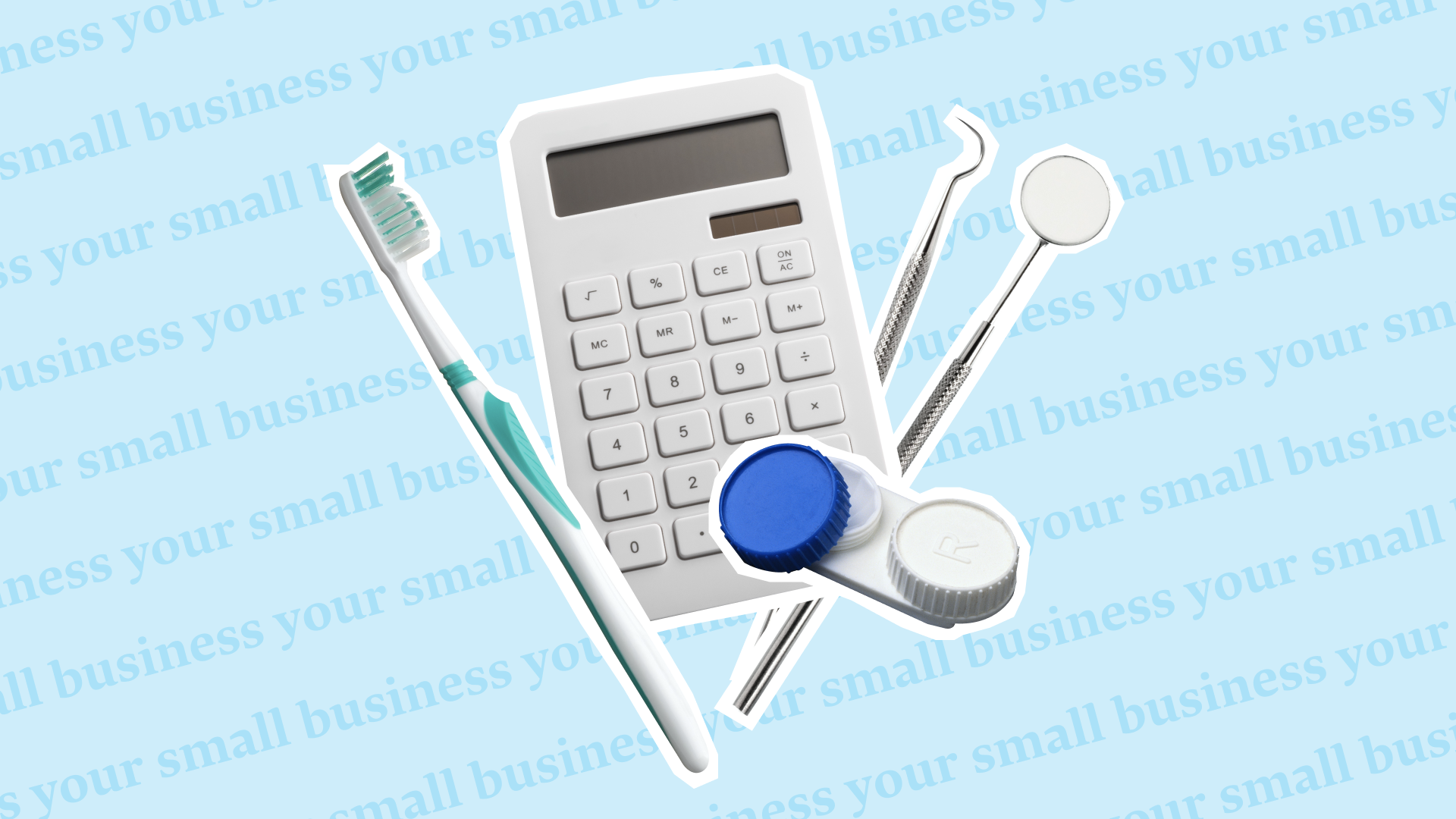We've built an entire guide on employee savings. Download it for free here to learn just how and why employee savings programs work.
When you envision retirement, are you traveling the world or hanging out with your grandchildren? Here’s a scary thought: What if you don’t have enough to cover your essential living expenses for more than a few years when it’s time to retire?
It turns out that having to work a nine-to-five gig just to make ends meet during retirement is a real possibility for a lot of Americans. A 2015 GAO analysis of retirement security found that among households with members aged 55 or older, nearly 29% have neither retirement savings nor a traditional pension plan.
As an employer, you can help motivate your employees to prepare for their future. But not all employers do.
The U.S. Small Business Administration 2010 survey found that workers in firms with fewer than 100 employees are much less likely to have a retirement plan available to them than workers in large firms.
Small companies may believe that offering a 401(k) is too expensive, risky or confusing to be worth the perceived bother.
Many smaller businesses worry they do not have the stability or resources to set up and maintain a retirement plan. Small employers generally lack the bargaining power that larger firms have which may result in higher investment management fees. Selecting investment options for employees or assessing the liabilities of operating a plan can be challenging. As a result, owners may decide it’s not worth the hassle, risk or cost to start a plan.
Saving money is not easy, but it’s essential to achieving financial well-being. And securing the future of your employees is in your company’s best interests, too.
So... What is a 401(k)?
A 401(k) is a retirement savings plan that an employer sets up for their employees. In a standard 401(k), employees can allocate a portion of their paycheck, pretax, to the retirement savings plan.
The employee then pays taxes on their earnings much later (during retirement), when the money is withdrawn. This way savings is set aside before an employee can even start spending. And the truth is the sooner you start saving for retirement, the better off you will be. The longer you wait, the harder it will be to catch up.
The Benefit of a Plan
There are many benefits to offering a 401k that make it worth the bother. Here a few:
Recruiting advantages: Benefits are a low cost way to attract top talent and compete with big businesses.
Talent Retention: Recruiting, turnover, absenteeism and hiring all cost money—a cost that could be reduced by taking care of your team with great benefits.
Alternative to High Salaries: You may have to increase salaries to attract talent from competitors who offer a 401(k).
Personal Gain: You also get to enjoy the tax-free benefits by being able to participate in the program as an employee.
Life Insurance
Another popular benefit employers offer is life insurance. On the whole, life group-term benefits are easy to administer because they do not require constant monitoring or generate a steady stream of claims like with health insurance. And it gives your employees peace of mind in case something should happen to them.
How Justworks Can Help
Offering a 401(k) or life insurance as a small business doesn’t have to be difficult. There are many companies that offer low-cost options. If you decide to work with Justworks, we have all our benefits built right into our platform so you don’t have to worry about how to set it up. We’ll handle the hard work; you just get to help your employees save for retirement.
Check out our newsletter
Monthly tips on running a business in your inbox.
Check out our newsletter

Learn more with Justworks’ Resources
Scale your business and build your team — no matter which way it grows. Access the tools, perks, and resources to help you stay compliant and grow in all 50 states.







